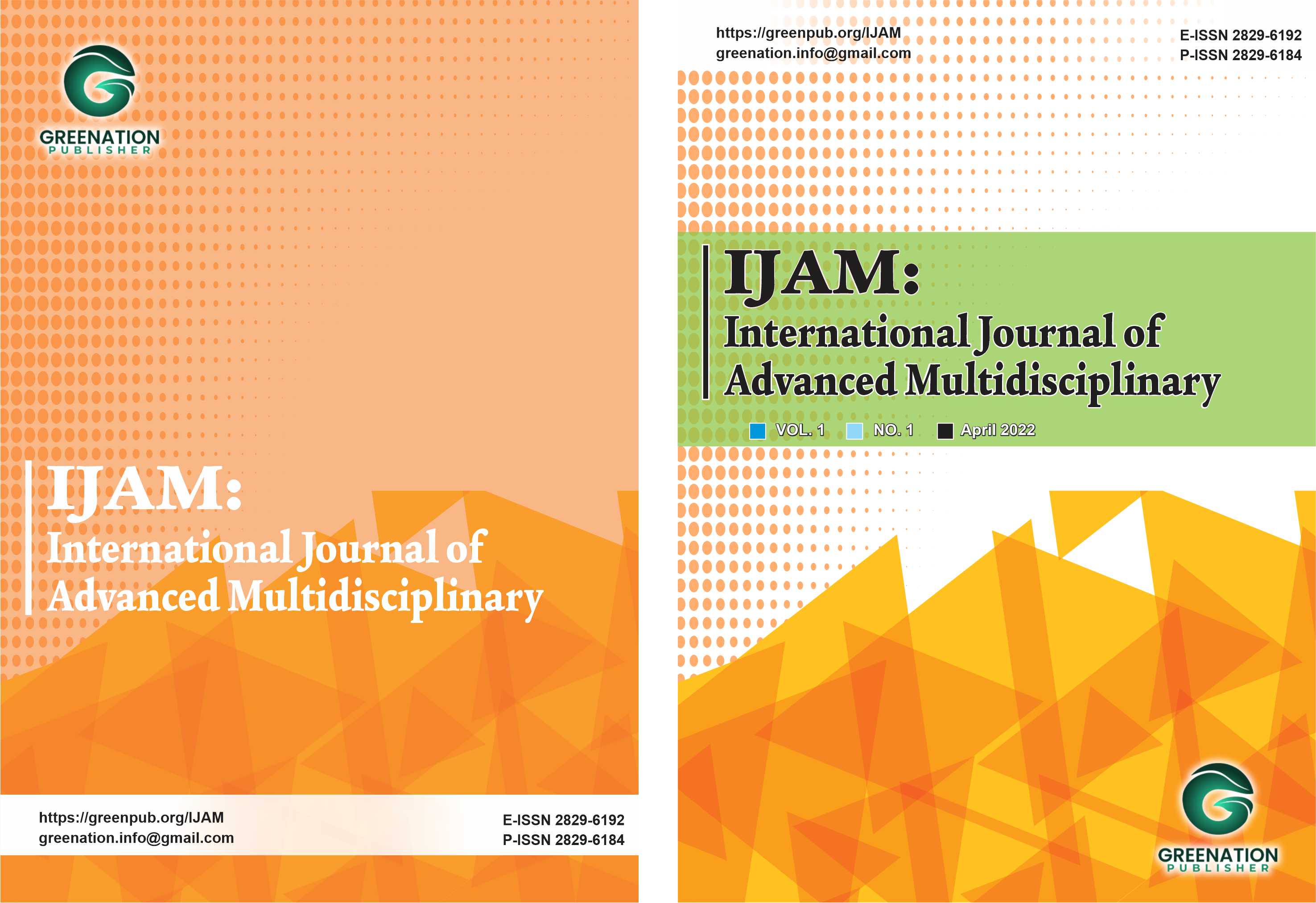The Effect Of Working Capital Management On Trade Credit Provision With Corporate Financial Slack As Moderating Variabel
DOI:
https://doi.org/10.38035/ijam.v3i3.703Keywords:
Working Capital Management, Corporate Financial Slack, Trade Credit ProvisionAbstract
This research aims to test and identify the effect of working capital management on trade credit provisions with corporate financial slack as a moderating variable. This research uses a sample of food and staples retailing sub-sector firms listed on the Indonesia Stock Exchange for the 2020-2022 period. The ordinary least squares (OLS) regression approach is used in this research to test the hypothesis with the help of eviews version 13. The results of this research find that working capital management has a positive and significant effect on trade credit provisions and the corporate financial slack has a negative and significant effect on the relationship between working capital management on trade credit provisions.
References
Babich, V., & Tang, C. S. (2012). Managing Opportunistic Supplier Product Adulteration: Deferred Payments, Inspection, and Combined Mechanisms. Manufacturing & Service Operations Management, 14(2), 301–314. https://doi.org/10.1287/msom.1110.0366
Bei, Z., & Wijewardana, W. P. (2012). Financial leverage, firm growth and financial strength in the listed companies in Sri Lanka. Procedia - Social and Behavioral Sciences, 40, 709–715. https://doi.org/10.1016/j.sbspro.2012.03.253
Cooper, D. R., & Schindler, P. S. (2006). Business Research Methods (12th ed., Vol. 1). Tata.
Deari, F., Kukeli, A., Barbuta-Misu, N., & Virlanuta, F. O. (2022). Does working capital management affect firm profitability? Evidence from European Union countries. Journal of Economic and Administrative Sciences. https://doi.org/10.1108/JEAS-11-2021-0222
Ekananda, M. (2019). Ekonometrika dasar?: untuk penelitian bidang ekonomi, sosial dan bisnis (2nd ed., Vol. 1). Mitra Wacana Media.
El Ghoul, S., & Zheng, X. (2016). Trade credit provision and national culture. Journal of Corporate Finance, 41, 475–501. https://doi.org/10.1016/j.jcorpfin.2016.07.002
Frennea, C., Han, K., & Mittal, V. (2019). Value Appropriation and Firm Shareholder Value: Role of Advertising and Receivables Management. Journal of Marketing Research, 56(2), 291–309. https://doi.org/10.1177/0022243718822506
Ghozali, I., & Ratmono, D. (2017). Analisis Multivariat dan Ekonometrika Teori, Konsep & Aplikasi Eviews 10 Edisi 2 (2nd ed., Vol. 10). Badan Penerbit UNDIP.
Hasan, M. M., & Habib, A. (2019). Social capital and trade credit. International Review of Financial Analysis, 61, 158–174. https://doi.org/10.1016/j.irfa.2018.10.002
Hatane, S. E., Winoto, J., Tarigan, J., & Jie, F. (2023). Working capital management and board diversity towards firm performances in Indonesia’s LQ45. Journal of Accounting in Emerging Economies, 13(2), 276–299. https://doi.org/10.1108/JAEE-11-2018-0130
Kusuma, H., & Dhiyaullatief Bachtiar, A. (2018). Working Capital Management and Corporate Performance: Evidence from Indonesia. Journal of Management and Business Administration. Central Europe, 26(2), 76–88. https://doi.org/10.7206/jmba.ce.2450-7814.229
Lee, H.-H., Zhou, J., & Wang, J. (2018). Trade Credit Financing Under Competition and Its Impact on Firm Performance in Supply Chains. Manufacturing & Service Operations Management, 20(1), 36–52. https://doi.org/10.1287/msom.2017.0640
Osinubi, I. S. (2020). Effects of financial distress and financing constraints on trade credit provisions. Asian Review of Accounting, 28(4), 545–566. https://doi.org/10.1108/ARA-04-2020-0058
Petersen, M. A., & Rajan, R. G. (1997). Trade Credit: Theories and Evidence. Review of Financial Studies, 10(3), 661–691. https://doi.org/10.1093/rfs/10.3.661
Sinlae, F. (2023a). Implementasi Portal Warga Dengan Google Sites Pada RW 018. Jurnal Pengabdian Kepada Masyarakat Nusantara, 4(3), 2521–2525. https://doi.org/10.55338/jpkmn.v4i3.1520
Sinlae, F. (2023b). NEW EMPLOYEE SELECTION METHOD WEIGHTED PRODUCT AT PT. XYZ. JURTEKSI (Jurnal Teknologi Dan Sistem Informasi), 9(4), 707–714. https://doi.org/10.33330/jurteksi.v9i4.2599
Yanadori, Y., & Cui, V. (2013). Creating incentives for innovation? The relationship between pay dispersion in R&D groups and firm innovation performance. Strategic Management Journal, 34(12), 1502–1511. https://doi.org/10.1002/smj.2071
Yang, S. A., & Birge, J. R. (2018). Trade Credit, Risk Sharing, and Inventory Financing Portfolios. Management Science, 64(8), 3667–3689. https://doi.org/10.1287/mnsc.2017.2799
Downloads
Published
How to Cite
Issue
Section
License
Copyright (c) 2024 Fried Sinlae, Elia Rossa, Nera Marinda, Istianingsih Sastrodiharjo

This work is licensed under a Creative Commons Attribution 4.0 International License.
Authors who publish their manuscripts in this journal agree to the following conditions:
- The copyright on each article belongs to the author(s).
- The author acknowledges that the International Journal of Advanced Multidisciplinary (IJAM) has the right to be the first to publish with a Creative Commons Attribution 4.0 International license (Attribution 4.0 International (CC BY 4.0).
- Authors can submit articles separately, arrange for the non-exclusive distribution of manuscripts that have been published in this journal into other versions (e.g., sent to the author's institutional repository, publication into books, etc.), by acknowledging that the manuscript has been published for the first time in the International Journal of Advanced Multidisciplinary (IJAM).






















